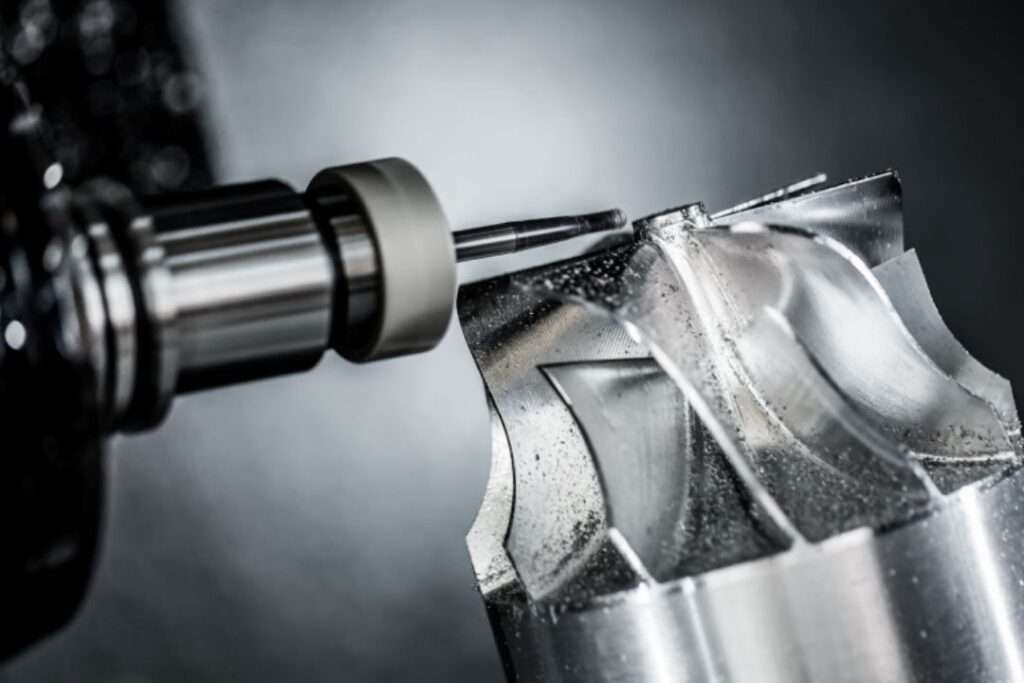Volvo Cars has launched a mangrove restoration program in the Indian Sundarbans, targeting non-protected areas to address climate change, biodiversity loss, and pollution. In collaboration with The Nature Conservancy, the initiative aims to restore critical coastal ecosystems while supporting local communities.
The Sundarbans, home to the iconic Bengal tiger and a vital flood barrier for nearby villages, is one of the world’s largest mangrove forests. Volvo’s efforts are designed to enhance these ecosystems while improving livelihoods in the region. This initiative reflects the company’s commitment to sustainability and was unveiled as part of two coastal health projects presented at The Ocean Race Summit in Spain.
Jyoti Malhotra, Managing Director of Volvo Car India, highlighted the importance of integrating ecological restoration with business practices: “Our focus is not only on reducing emissions but also on promoting biodiversity and empowering communities. The Sundarbans project embodies these principles.”
This program is supported by Volvo’s “Volvo For Life Fund,” which drives global efforts to build resilience and tackle environmental challenges. Alongside the mangrove initiative, Volvo Car India has introduced “The Reverse Project” in partnership with ASSOCHAM, transforming urban dump yards into green spaces and committing to plant five trees for every electric vehicle sold. Owners of other EV brands are also invited to join this reforestation effort.
Since entering the Indian market in 2007, Volvo Cars has expanded to 25 dealerships nationwide, aligning its operations with sustainability and environmental stewardship. The company’s commitment to these causes underscores its dedication to fostering a greener, more resilient future.
Volvo Cars, headquartered in Gothenburg, Sweden, is a global leader in automotive innovation, safety, and sustainability. Established in 1927, the brand is renowned for its premium vehicles that blend Scandinavian design with cutting-edge technology.
Volvo has been a pioneer in automotive safety, introducing several industry-first features, and remains committed to its vision of achieving zero fatalities or serious injuries in new Volvo cars. As a leader in sustainability, the company is transitioning towards electrification, aiming to become a fully electric car manufacturer by 2030 and achieve carbon neutrality by 2040. With a strong focus on customer-centric innovation, Volvo Cars continues to redefine the luxury automotive experience while championing environmental responsibility and safety excellence.








